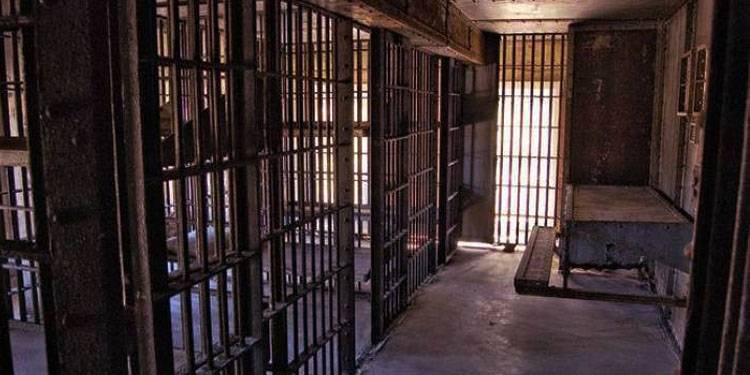
Convicted prisoners are divided into three classes under the Pakistan Prisons Rules of 1978: superior class, ordinary class, and political class.
"A" and "B" class prisoners are included in the superior class. Other than superior-class inmates, there are those of the ordinary class. Prisoners who commit crimes for political reasons rather than personal gain make up the political class. This group does not qualify as a criminal and is not in need of rehabilitation or correctional treatment.
A prisoner may be classified as a state prisoner, a civil prisoner, an unconvicted prisoner, or an undertrial prisoner.
There are only the better and ordinary classes of inmates who are awaiting trial. Better-class prisoners are individuals who are awaiting trial and who, due to their social standing, education, or lifestyle choices, have become used to a higher standard of living. These prisoners correspond to the A and B classes of convicted inmates. All others will be in the ordinary class, which is equivalent to the C class.
A sitting or former legislator and a former or current gazetted military or civil officer are all eligible for the superior class.
The government will act as the 'A' and 'B' classes' classification authority. In the interim between the government's final directives, courts may assign inmates to the A or B classes. The trial courts will assign inmates to Class "C," although they have the opportunity to request a revision from the government.
A 21-inch television, a table and two chairs, a mattress, personal bedding and clothes, and meals are all provided for superior-class prisoners (class A or B). All of this must be paid for by the convicts. The government is only obligated to provide them security in a high-security ward where they will be kept away from other prisoners.
A cot, one chair, one teapot, one lantern (if there is no electric light), and the essential bathroom and washing supplies are provided in each cell. In accordance with acceptable guidelines and at their own expense, "A class" convicts may, at the Superintendent's discretion, add to the furnishings.
Two 'C class' prisoners may be assigned to provide food for many superior class inmates when they are housed together. A "C-class" prisoner may be allowed to cook for a superior-class prisoner if he is housed separately. Up to 10 high-class inmates may be accompanied by one attendant and one cook prisoner.
"A" and "B" class prisoners are included in the superior class. Other than superior-class inmates, there are those of the ordinary class. Prisoners who commit crimes for political reasons rather than personal gain make up the political class. This group does not qualify as a criminal and is not in need of rehabilitation or correctional treatment.
A prisoner may be classified as a state prisoner, a civil prisoner, an unconvicted prisoner, or an undertrial prisoner.
There are only the better and ordinary classes of inmates who are awaiting trial. Better-class prisoners are individuals who are awaiting trial and who, due to their social standing, education, or lifestyle choices, have become used to a higher standard of living. These prisoners correspond to the A and B classes of convicted inmates. All others will be in the ordinary class, which is equivalent to the C class.
A sitting or former legislator and a former or current gazetted military or civil officer are all eligible for the superior class.
The government will act as the 'A' and 'B' classes' classification authority. In the interim between the government's final directives, courts may assign inmates to the A or B classes. The trial courts will assign inmates to Class "C," although they have the opportunity to request a revision from the government.
A 21-inch television, a table and two chairs, a mattress, personal bedding and clothes, and meals are all provided for superior-class prisoners (class A or B). All of this must be paid for by the convicts. The government is only obligated to provide them security in a high-security ward where they will be kept away from other prisoners.
A cot, one chair, one teapot, one lantern (if there is no electric light), and the essential bathroom and washing supplies are provided in each cell. In accordance with acceptable guidelines and at their own expense, "A class" convicts may, at the Superintendent's discretion, add to the furnishings.
Two 'C class' prisoners may be assigned to provide food for many superior class inmates when they are housed together. A "C-class" prisoner may be allowed to cook for a superior-class prisoner if he is housed separately. Up to 10 high-class inmates may be accompanied by one attendant and one cook prisoner.

